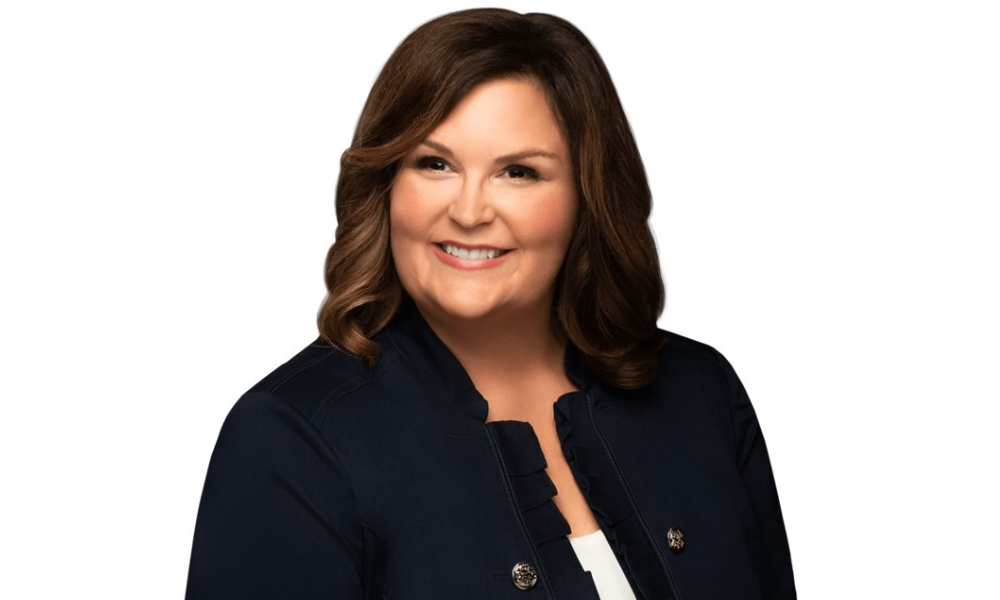'We're not slinging pancakes,' 30-year industry veteran says

Julie Yarbrough (pictured) has seen a lot throughout the course of her 30-year career in the mortgage industry – the good, the bad and the ugly as she puts it. Implausibly, she considers having to endure the Great Recession as one of the best things to have occurred.
“My number one blessing was going through the 2008 crash,” she told Mortgage Professional America in a recent interview. “I had 78 loan officers before the crash, and I ended up quitting my brokerage with five people left. What I learned is I have integrity, that I did what I said I was going to do. I learned that without the leadership of a company, the company doesn’t exist. I don’t think I was mature enough then to know that.”
The experience yielded perspective, she suggested. “When you look back you go: What lessons did you get? I lost a million dollars, I had to rebuild everything, I got pregnant in 2008 so I became a mom. And life kind of said ‘it’s not about your job, it’s not about money. What’s your legacy?’ It’s your families, right? For me, it put my values in alignment. I really am clear on my values now with maturity, and I run the company with a different mindset.”
Another epiphany: “Here’s the deal. You have to understand the cost analysis of a loan, and why there is such a different spread from retail to wholesale. Why is the cost $9,000 nationally on a retail loan and $2,200 on a broker loan? And how does that translate to the borrower? If you’re a loan officer and you don’t know that you need to know that, you need to understand what you’re doing. We’re not slinging pancakes, you know what I mean? We’re helping people with one of the biggest purchases of their lives, typically.”
Read more: Broker out to prove blondes have more funds
Today, she is a principal and managing partner at California-based Empire Home Loans Inc., which she helped found. Much of her job involves transitioning originators from retail to wholesale, she explained.
“We built the company actually to transfer retail over to wholesale,” Yarbrough said. “I was a broker prior and went into retail because we’re all forced there. And when I came back, I saw market compression and thought the time is now.”
Given her past experience, she was well suited for the work: “I had a long run as a retail exec leader so I built out wholesale and retail,” she said. “And because I know it so well because I built the processes, I’m able to speak to it and understand what a retail loan officer’s lens is because it’s different from a broker’s lens.”
Read next: Keeping it real pays off for broker
Judging from her description of the process, the transition is done gently: “We built a platform that was kind to a retail loan officer,” she said. “To put them in this world is overwhelming, because you’ve got 30 different lenders with 30 different platforms and 30 different ways of doing business. So, we took on some technology that kind of mirrors retail in a way where you’re able to price and put your loan through and see what the underwriter is saying on your loan – as if you were in retail and working with one of eight lenders. We really built our tech stack to support retail, and we train them. So we built a full transition and training department so when they come over they’re hugged and helped and trained on how different this works, because they’re really going from employee to entrepreneur.”
Yarbrough praised the Association of Independent Mortgage Experts (AIME) with helping her career along. MPA interviewed her during AIME’s fifth annual Fuse conference that was staged in Las Vegas from Sept. 29-Oct. 1.
“When I was a broker before, I felt like I was on an island by myself,” she said. “I would call other brokers, and we would do masterminds. Now, I’m lucky to sit on a couple of committees and I get to work with broker owners that are passionate about giving. To be able to work with an organization that has aligned us with one vision and one goal – and that’s actually to be heard as independent mortgage brokers – is huge. It’s a big deal for us because we can go to Washington, D.C. and be heard. With this organization and the power behind it, we’re actually going to be able to move the needle.”



